AI in wearables: what we expect to see in 2025
AI is set to upgrade your smartwatch, smart right, and other wearables, adding new features like smart fitness tracking
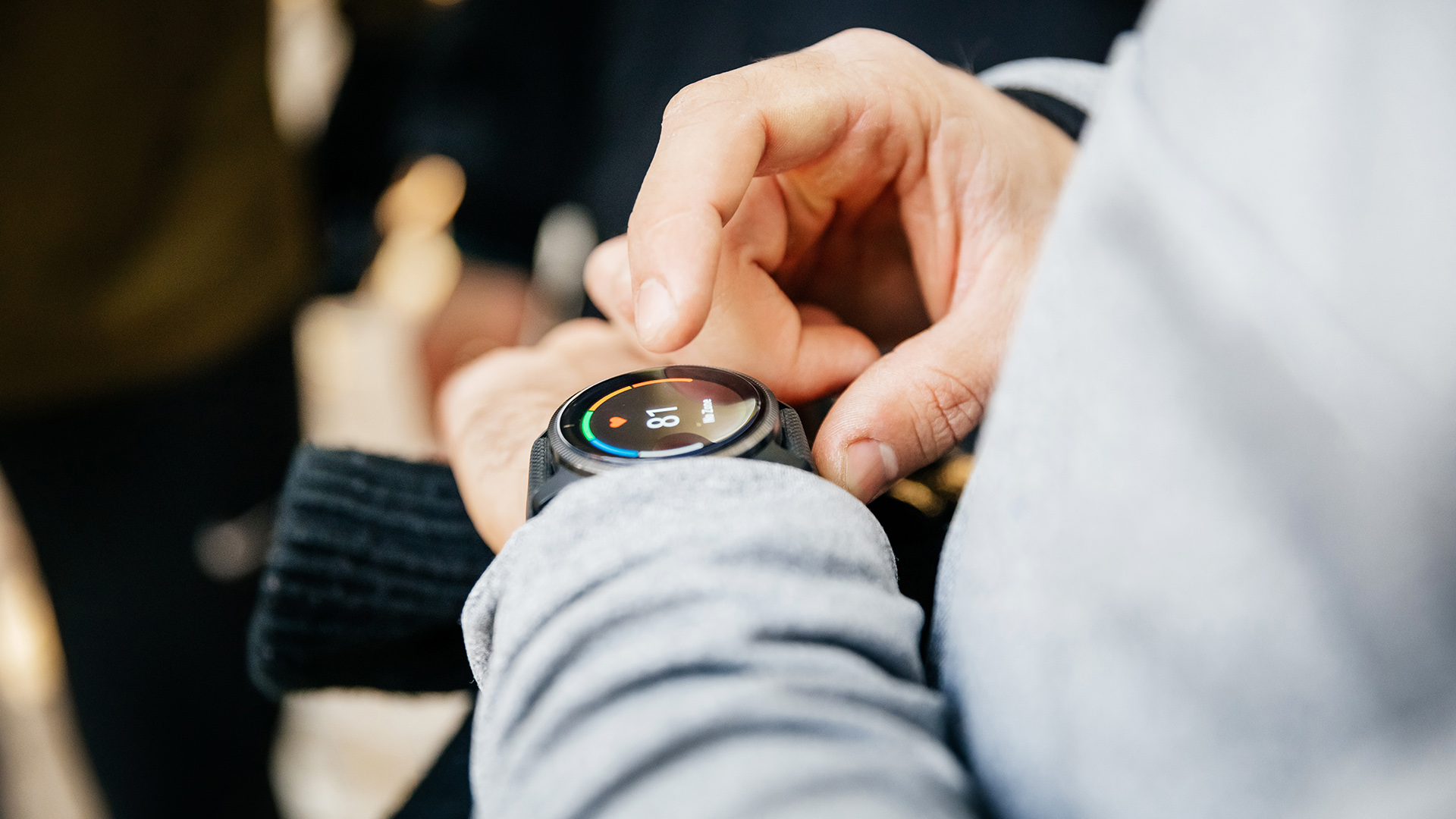

Let’s be honest: wearables have come a long way. A decade ago, they were glorified step counters, tracking little more than how many steps you took and (inaccurately) estimating how many calories you burned.
Now? They’re evolving into AI-driven health coaches, assistants, and personal trainers, learning from your habits and delivering insights that actually matter and help improve your life.
In 2025, AI is set to take wearables to the next level. Whether it’s providing more personalised workout tracking, spotting potential health issues before you even notice symptoms, or acting as an always-on smart assistant, these devices are becoming more integrated into our daily lives.
So, what exactly can we expect? From smarter fitness tracking to AI-powered health monitoring, and even the rise of smart rings and "hearables", we're taking a look at what 2025 could have in store.

Smarter workouts
Wearables have been tracking workouts for years, but if you’ve ever followed a generic fitness plan and felt it didn’t quite fit, AI is about to change that. The days of one-size-fits-all workout plans are numbered.
AI is getting better at recognising individual fitness levels and adjusting recommendations on the fly. Instead of just logging your run, AI might be set to analyse your pacing, breathing, and fatigue, then tweak your plan accordingly to get the most out of you.
If you struggle with consistency, expect gentle nudges – your smartwatch might remind you that your heart rate suggests you could push a little harder, or that today’s a good day for a rest session.
Sign up to the T3 newsletter for smarter living straight to your inbox
Get all the latest news, reviews, deals and buying guides on gorgeous tech, home and active products from the T3 experts
To take one practical example, the Apple Watch Series 9 has introduced a faster S9 chip and gesture controls, enhancing its ability to provide personalised workout insights. While Apple might not call this "AI", it certainly incorporates elements of smart algorithms.
Devices will also use machine learning models to track movement patterns, helping you refine your form in real-time. Whether it’s adjusting your squat depth or preventing injury by identifying excessive strain on a joint, AI could act like a personal trainer, correcting your technique on the spot.
The Samsung Galaxy Watch 7, one of the best smartwatches on the market, is expected to offer improved motion analysis, helping users maintain proper form during exercises.
Of course, none of these enhancements beat putting in the hard yards, but AI is set to make apps and devices a little bit smarter and useful.

Enhanced health monitoring
Fitness tracking is just one part of the puzzle: AI-powered wearables are also making huge strides in health monitoring, moving beyond simple step counts and heart rate tracking into full-on early detection and health management tools.
One of the biggest shifts we may see in 2025 is AI acting as an early warning system for potential health issues. Right now, wearables already measure vitals like heart rate, blood oxygen levels, and stress, but soon, AI will get even better at spotting anomalies that could signal serious conditions, sometimes even before symptoms appear.
Imagine for a second your smartwatch detecting subtle changes in your heartbeat over time, warning you about potential arrhythmia risks before they become dangerous. Or an AI-driven feature that notices irregular breathing patterns at night and flags early signs of sleep apnea.
The Oura Ring 4, the best smart ring on the market, combines a sleek titanium design with improved health tracking through its Smart Sensing platform, offering detailed sleep, stress, and heart rate insights.
For those managing conditions like diabetes or hypertension, AI is set to become a powerful ally.
Wearables in 2025 won’t just monitor blood sugar or blood pressure, they’ll use AI to predict fluctuations and suggest preventative actions. If your glucose levels are trending downward, your wearable might suggest having a snack before you even feel a dip in energy.

Smart assistants
Wearables are already integrating voice assistants, but in 2025, AI will push these assistants far beyond basic voice commands, thanks to advances in generative AI and other fields that help assistants understand more natural language.
If everything works out, we’re moving beyond “Hey Siri, start a workout” and into something much more intuitive. Imagine walking into a gym and your AI-powered wearable automatically starting your workout timer, adjusting your playlist based on previous sessions, and suggesting new exercises.
AI assistants will also help with lifestyle management, such as reminding you to stretch if you’ve been inactive too long, suggesting hydration breaks based on your activity level, or even learning your stress triggers and recommending relaxation techniques before you realise you need them.
Perhaps the most exciting development will be AI’s ability to understand context. If your wearable notices a spike in stress levels during certain meetings, it might suggest a brief mindfulness exercise beforehand. If you consistently struggle with sleep after late workouts, your AI assistant could nudge you toward an earlier session.
Some of these things are perhaps a little sci-fi, but the potential is there, and the natural of wearables always being on you makes it even more exciting and – potentially – even more useful.

Innovations, privacy, and more
Finally, let's take a look at some of the potential innovations we might see as companies invest in creating next-level hardware that is ever-smaller without compromising on power.
Smartwatches have dominated the wearables space, but in 2025, AI-powered smart rings and "hearables" will challenge that dominance.
Smart rings are already gaining traction for their unobtrusive form factor and advanced health tracking, offering many of the same insights as smartwatches without the bulk, while AI-powered smart earbuds are getting smarter, integrating real-time language translation, voice coaching, and health tracking.
AI-driven AR glasses could also make a comeback. With heads-up displays, these glasses could overlay real-time health data during workouts, guide you through complex exercises, or even help with real-time navigation and translation while travelling.
Of course, with all this innovation comes the inevitable concern: how much of our data is being collected, and how is it being used? AI-powered wearables require vast amounts of personal data to function effectively, and in 2025, privacy will be a bigger topic than ever.
Max Slater-Robins has written for T3 now on and off for over half a decade, with him fitting in serious study at university in between. Max is a tech expert and as such you'll find his words throughout T3.com, appearing in everything from reviews and features, to news and deals. Max is specifically a veteran when it comes round to deal hunting, with him seeing out multiple Black Friday campaigns to date.
You must confirm your public display name before commenting
Please logout and then login again, you will then be prompted to enter your display name.
-
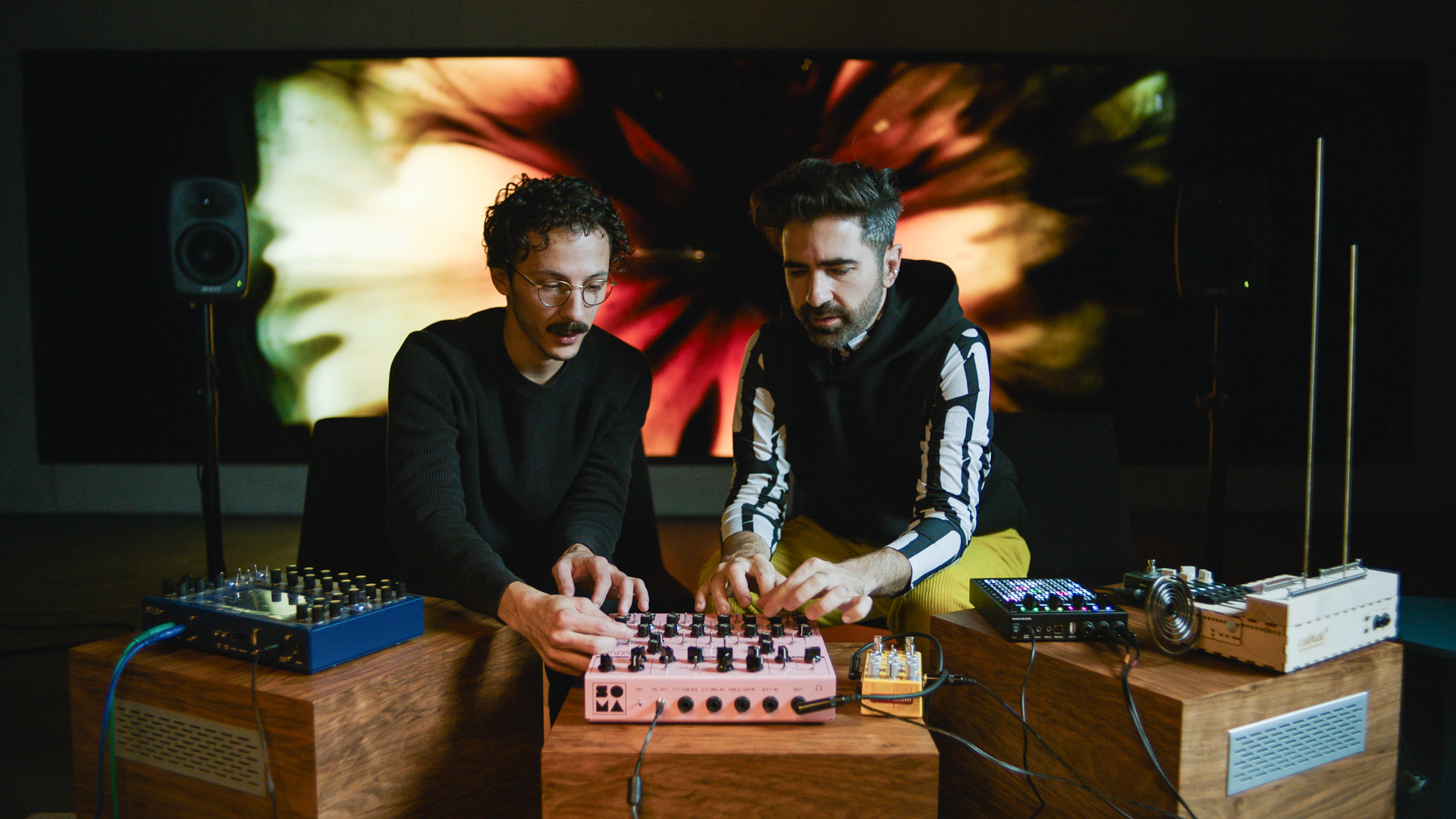 This is the sound of BMW's upcoming Neue Klasse EVs
This is the sound of BMW's upcoming Neue Klasse EVsHas BMW cracked the problem of making EVs sound fun with its next-gen soundscape for its Neue Klasse cars
By Alistair Charlton Published
-
 Build unshakeable core strength with a kettlebell and these three exercises
Build unshakeable core strength with a kettlebell and these three exercisesAdd this to the end of your workout to fire up your midsection muscles
By Bryony Firth-Bernard Published
-
 WhatsApp getting its biggest upgrade in years and yes, it does involve AI
WhatsApp getting its biggest upgrade in years and yes, it does involve AI"Hey Meta, what you saying?"
By Britta O'Boyle Published
-
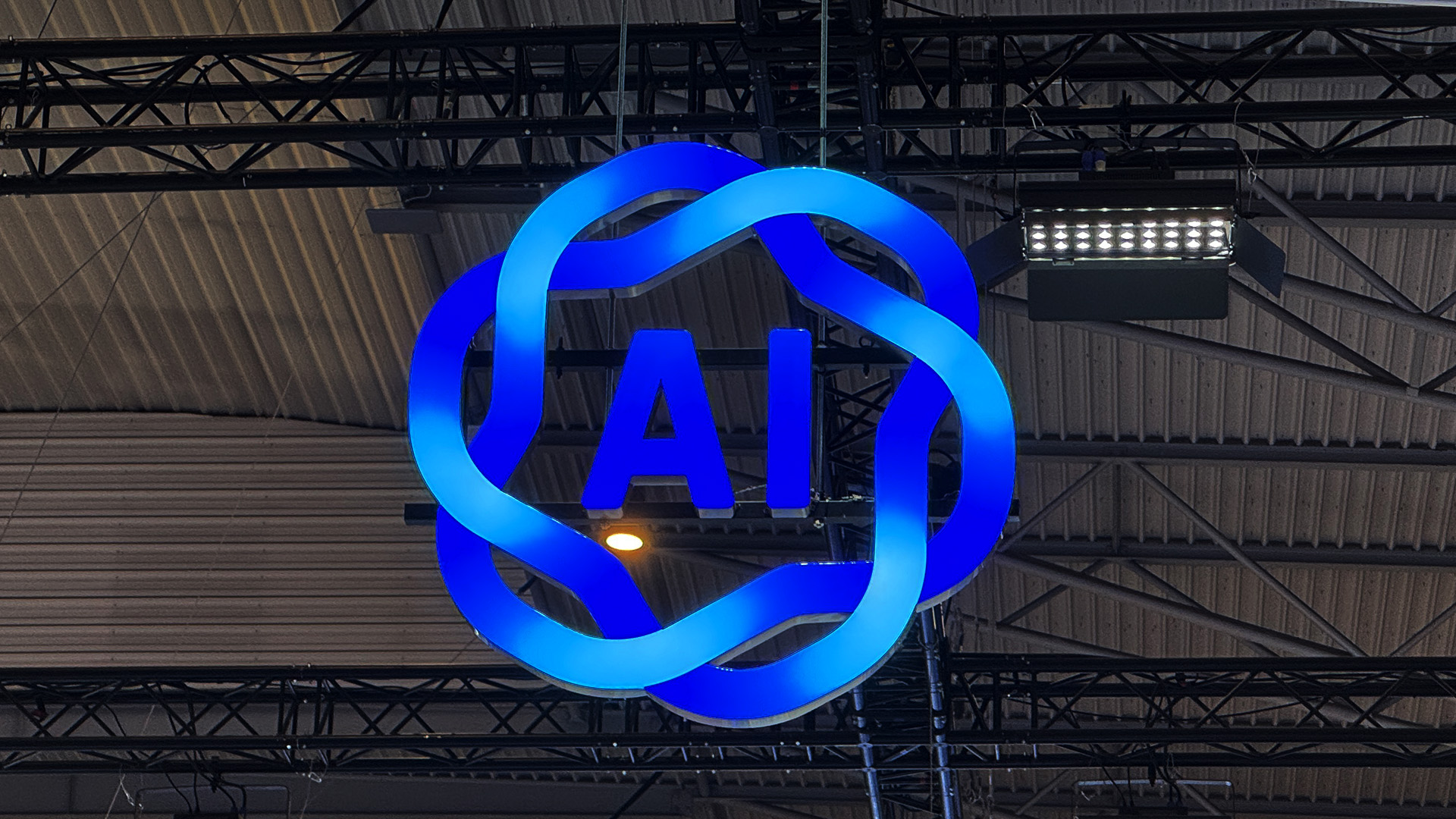 I saw an AI feature that I'd actually use – and it's not what you might think
I saw an AI feature that I'd actually use – and it's not what you might thinkAI to help you detect other AI is a neat idea
By Max Freeman-Mills Published
-
 All my tech devices have chatbots now – I'm not sure how to feel about AI
All my tech devices have chatbots now – I'm not sure how to feel about AIAren't we overcommitting a bit to AI here?
By Max Freeman-Mills Published
-
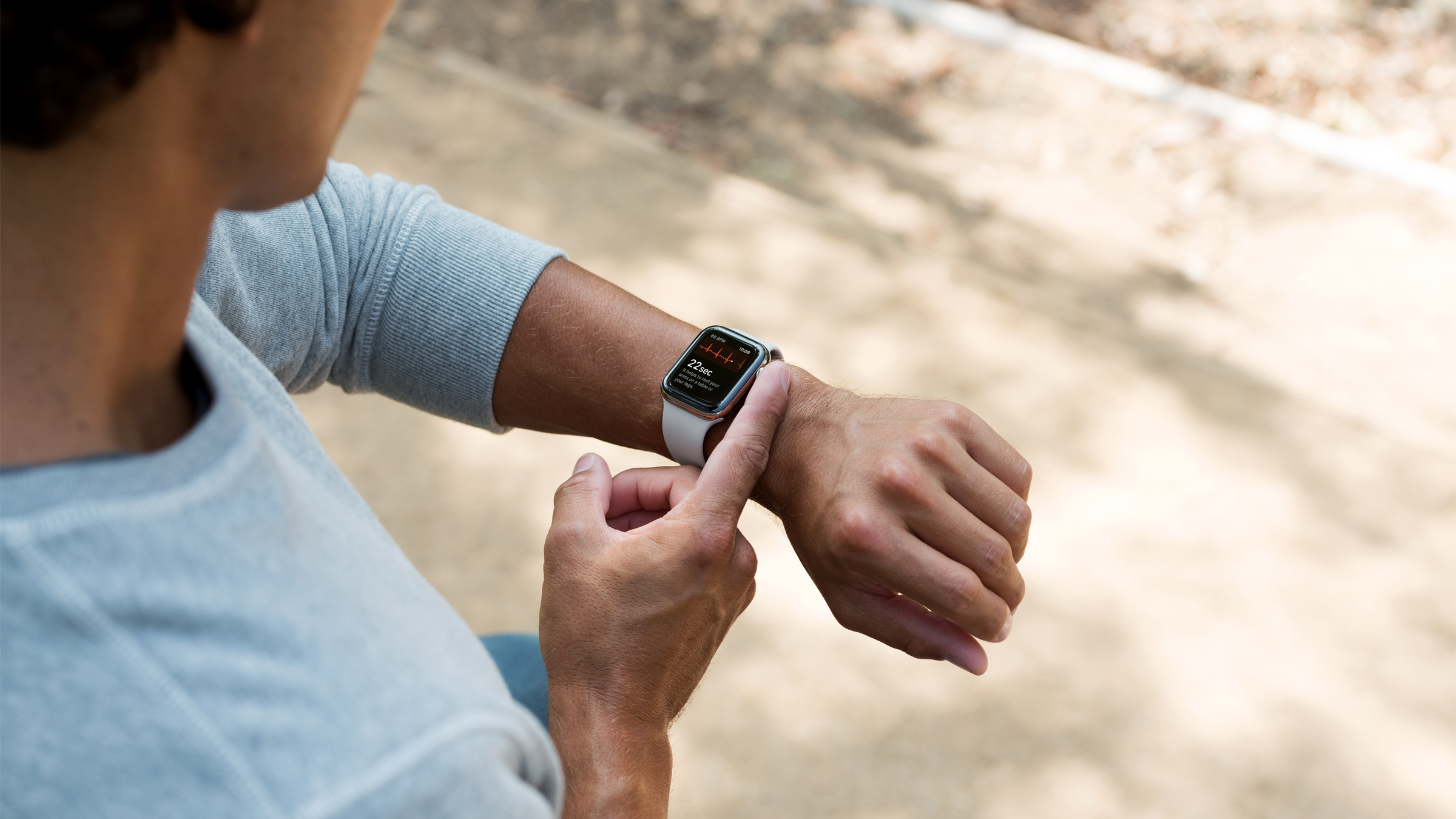 The top wearable trends in 2025, from smart rings and AR to fitness and more
The top wearable trends in 2025, from smart rings and AR to fitness and moreWearables are set to have a big year
By Max Slater-Robins Published
-
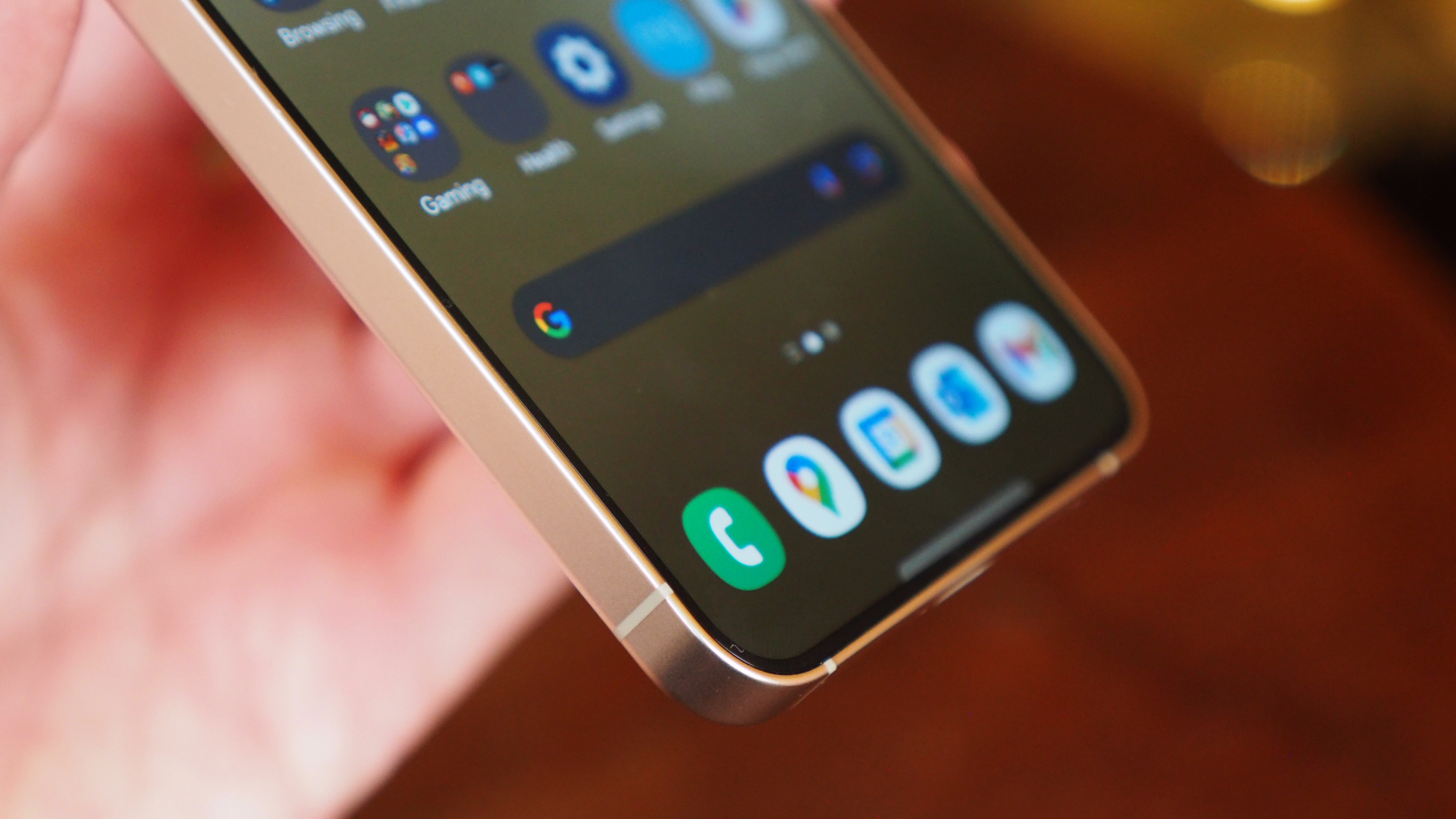 Future Samsung phone update could be an AI-powered window to the outside world
Future Samsung phone update could be an AI-powered window to the outside worldA recently unveiled patent could spell a big change to your wallpaper
By Sam Cross Published
-
 Google's "Willow" quantum chip won't just change future computers, it could change the world
Google's "Willow" quantum chip won't just change future computers, it could change the worldWillow smashes benchmarks at a level hard to comprehend
By Chris Hall Published
-
 Productivity 101: how to maximize your life with an AI PC
Productivity 101: how to maximize your life with an AI PCRobert Hallock, VP and general Manager, client AI and technical marketing at Intel explains the advantages of AI computing
By T3.com Published
-
 Your Chromebook is getting a major AI upgrade for free
Your Chromebook is getting a major AI upgrade for freeNew features are coming soon to Chromebook and Chromebook Plus
By Rik Henderson Published